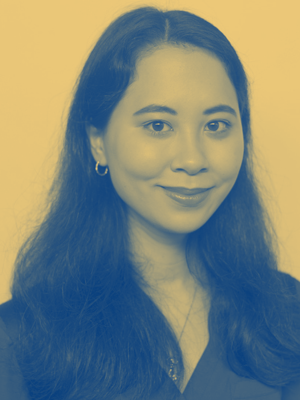CPDP Brussels 2022
This years’s edition of the Computers, Privacy and Data Protection Conference (CPDP) will take place in Brussels, from May 23th – 25th. Several of CPDP LatAm’s Scientific Comittee and Multistakeholder Advisory Board members will participate in panels throughout the Conference, check our agenda below:
CPDP - Day 2 (May 24, 2022)
Panel: Regulating AI and Personal Data in Latin America
In Latin America, after a boost on data protection regulation in the last decade, Artificial Intelligence studies and even regulatory initiatives are increasingly being proposed. Some countries have published or are considering their own IA strategies and the Brazilian Congress is considering a Bill for an AI regulatory Framework, which has already been voted by the Chamber of Deputies. This panel will explore the main regional initiatives on AI, their overlap with data protection, their intersection with human rights law, and the specific regulatory and technological approaches that are emerging and being proposed in the region.
- Latin American countries are studying how to regulate AI. What are the latest developments at the regional and national level?
- AI systems have been deployed at scale in Latin American countries by public and private players alike. Smart Cities initiatives, credit scoring, face recognitions are some of the most common examples. What is the role of data protection in how this initiative are framed?
- What are the key trends in Latin America regarding AI and personal data governance?
Speakers:

Luca Belli

Danilo Doneda
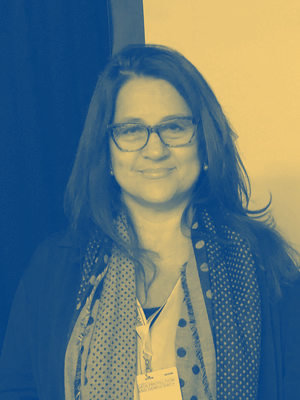
Ana Brian
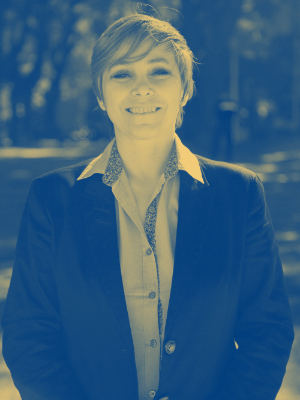
Olga Cavalli
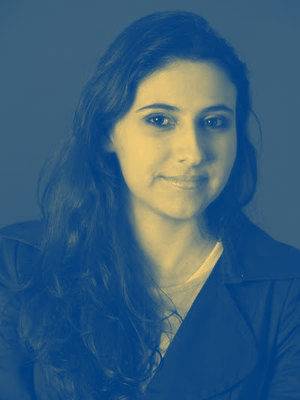
Veridiana Alimonti
Panel: Innovating Data Governance in Latin America
The importance of evidence-based policies is globally acknowledged and such evidence increasingly relies on the use of large (personal and non-personal) data sets for policy development and execution. Both public and private sector actors alike increasingly depend on data processing to provide their services. For Latin America, the innovative use of personal (and non-personal) data for policy planning plays a fundamental role to reduce inequalities and ensure no-one is left behind or cannot access the benefits of the data economy. However, some core challenges persist, including how to implement innovative, secure, and legally and technically interoperable data governance approaches and systems. This CPDP LatAm side event will explore some flagship initiatives and policies on data governance in Latin America.
- What data-driven responses have we seen to fight the pandemic in Latin America, and have they been effective?
- Are organizations in the region adopting appropriate risk-aware techniques for the disclosure of potentially identifying information?
- Can we identify common patterns amongst initiatives that facilitate effective use of data for policy-planning?
Speakers:

Nicolo Zingales

Renato Leite Monteiro

Carolina Rossini

natalia
carfi
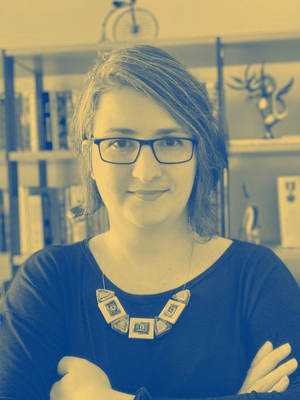
fernanda campagnucci

MARIA LORENA FLÓREZ
CPDP - Day 3 (May 25, 2022)
Panel: Data Protection new frontiers in BRICS countries
La Cave, 16:00 till 17:15 (Brussels Time)
The evolution of data protection regulatory frameworks in the BRICS Countries (Brazil, Russia, India, China, South Africa) has been quick and consistent, and is increasingly contributing to forge international standards as well as to broaden the frontiers of data protection regulation. This panel proposes do delve into new developments and common grounds among these new frameworks, considering, for example, the new Chinese data protection law, the first year of the Brazilian LGPD, the Indian data protection Bill, the Russian Internet Sovereignty debate, and the enforcement challenges in South African.
- What major developments took place in the BRICS data protection frameworks over the past year?
- How are BRICS countries innovating data protection policy and institutional frameworks?
- Digital sovereignty and cybersecurity are playing and increasingly important role in BRICS data protection circles. Can we identify common trends?
Speakers:

Luca
Belli

Danilo
Doneda

SIZWE
SNAIL
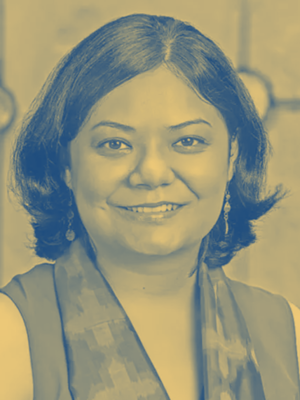
SMRITI PARSHEERA

ANDREY SCHCHERBOVICH
